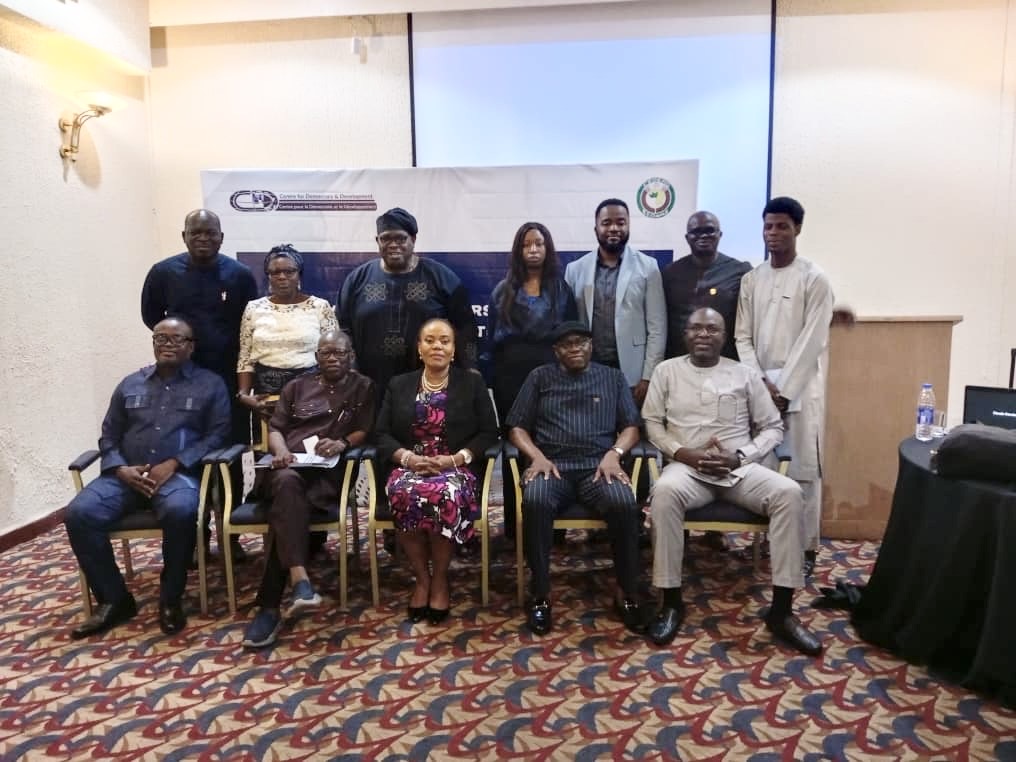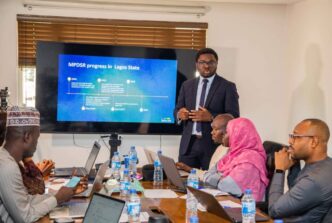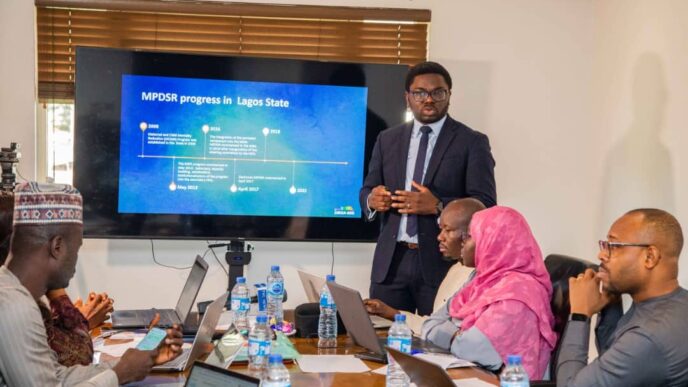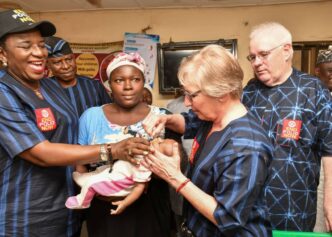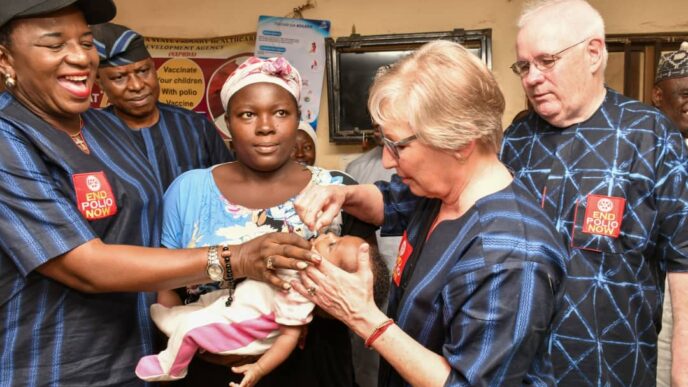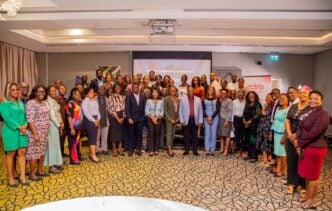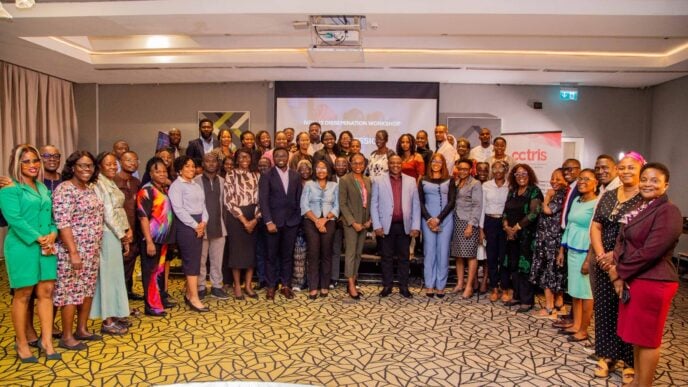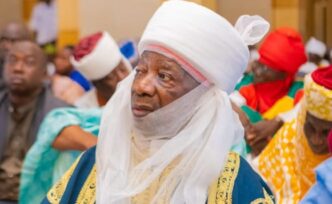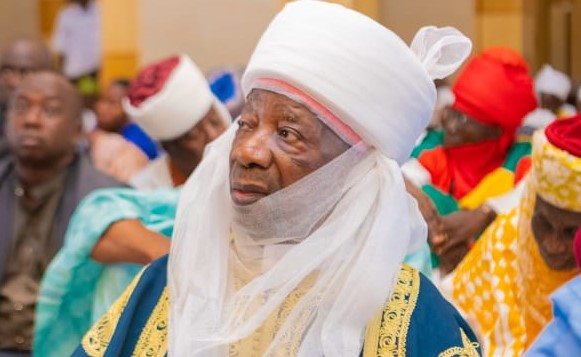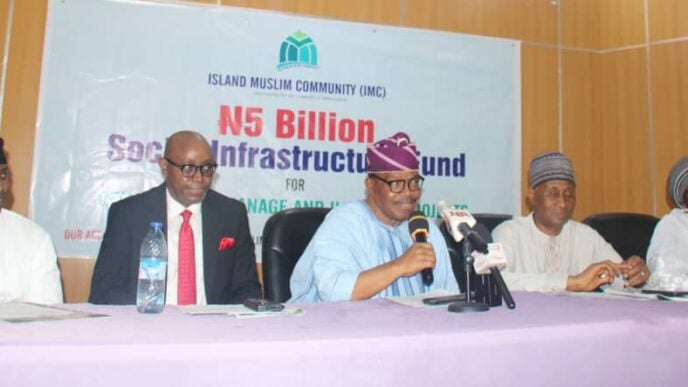The Centre for Democracy and Development (CDD) has organised a regional stakeholders’ engagement conference on countering disinformation in West Africa.
The conference, which took place in Lagos on Thursday, was organised in collaboration with the Economic Community of West African States (ECOWAS).
The event was attended by ECOWAS officials, academics, disinformation researchers, among others.
Stakeholders discussed issues pertaining to media literacy and citizens engagement, tech giant accountability, and legislative and policy advocacy on accountability.
Advertisement
Speaking at the conference, Ebenezer Asiedu, head of democracy and good governance at ECOWAS commission, said foreign actors are sponsoring disinformation campaigns in the region to attack democratic processes.
Asiedu said foreign information manipulation and interference (FIMI) not only poses a threat to the region but has also adversely affected behavioral patterns, values, and political processes.
“It is important to note that most of these disinformation campaigns across the region are foreign-sponsored through emerging technologies and social media,” he said.
Advertisement
“What we have noticed is that these disinformation campaigns are orchestrated either through private agents or Al-generated contents deliberately sponsored to express support for undemocratic regimes or cause disaffection for instability.
“These intentional disinformation attacks, which are often times foreign-driven and influenced, are becoming the tool of choice for groups that want to make a big impact, but at a low cost.
“The potential consequences of these foreign information manipulation and interference (FIMI) are not just alarming. They are potentially catastrophic.”
Asiedu said there is need for “enhanced and concerted efforts” in the region to tackle the disinformation menace.
Advertisement
Also speaking, Adele Jinadu, a professor of political science, said external forces play a significant role in spreading disinformation to destabilise the region.
Jinadu advised stakeholders to be cautious of the information released by those in power, emphasising that the state can often be a major source of disinformation.
The professor said the problem battling the region is beyond disinformation and that there are some structural reasons for the current state of West Africa.
Speaking via Zoom, Jibrin Ibrahim, a professor and a director at CDD, said social media platforms design their algorithms in a way that controversial contents receive more visibility than other types of content.
Advertisement
Ibrahim added that since controversial contents generate massive profits, social media platforms prioritise them.
The professor urged stakeholders to understand how disinformation affects the politics, security, and economy of the West Africa.
Advertisement
At the conference, Chioma Iruke, a disinformation researcher, outlined the activities of CDD in terms of fact-checking initiatives and media literacy campaigns in the last one year.
Advertisement
Add a comment
